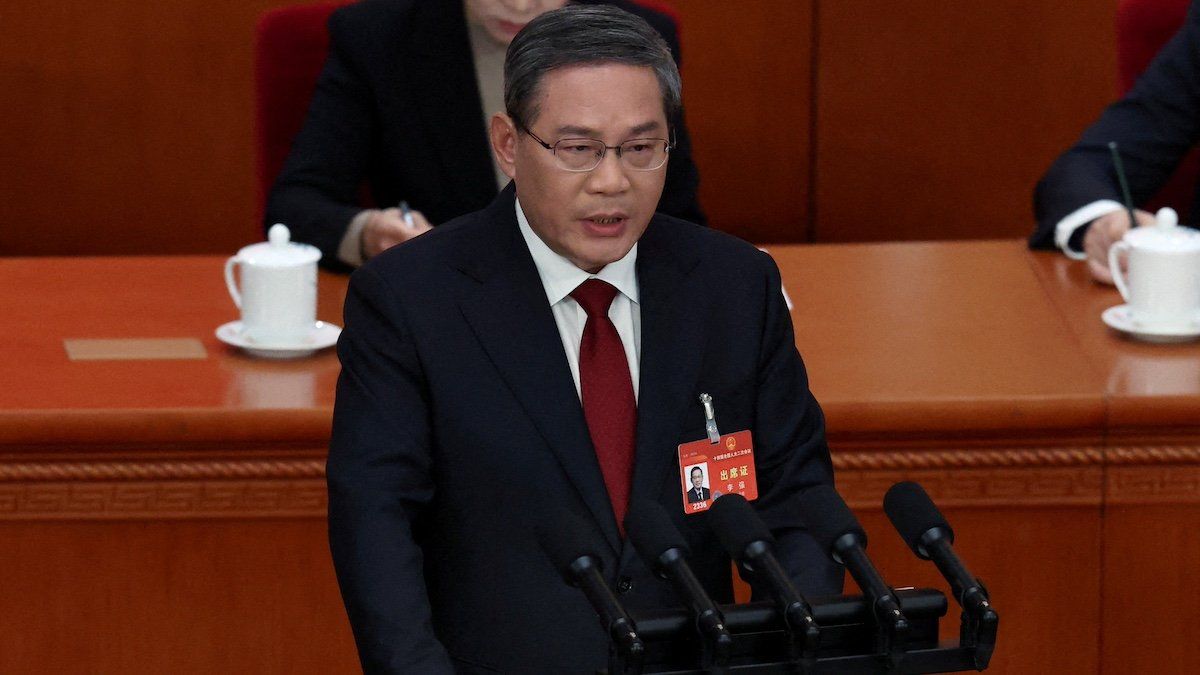Chinese researchers at the Beijing Academy of Artificial Intelligence have reportedly issued a warning to Chinese Premier Li Qiang that the country is falling far behind the United States when it comes to artificial intelligence.
The researchers said there’s “a serious lack of self-sufficiency” in the Chinese technology space, especially since researchers are dependent on open-source large language models like Meta’s LLaMA.
China is already playing catch-up when it comes to chips and the technological infrastructure necessary to train and run generative AI models, but this reporting sheds new light on the technical struggles to build capable models. The US is seeking to cut off China from as much AI technology as it can, but its aim is ultimately more about limiting its enemy’s military prowess rather than restricting its access to perhaps relatively harmless language models.
